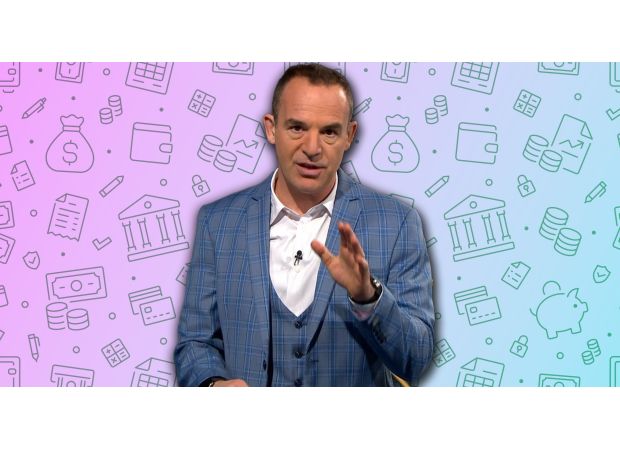Martin Lewis suggests that a majority of Brits could benefit from not putting money into savings.
Money Saving Expert founder explains reasoning.

Are you someone who has both debt and savings? If so, you're not alone. In fact, statistics show that 62% of adults in the UK carry some form of debt. With this in mind, financial expert Martin Lewis has some valuable advice for you. In his latest newsletter, the founder of Money Saving Expert shared some tips on how to boost your savings, with a special focus on those who have outstanding debts such as credit cards or personal loans.
According to Martin, paying off debt is often a more lucrative option than saving, and those who have both loans or credit cards and savings are actually overspending. This may seem counterintuitive, as the common advice is to always have some money saved for unexpected expenses. However, Martin explains the reasoning behind this theory. Let's say you have £1,000 of debt on a credit card with a 23% APR. This translates to £230 in interest over the course of a year. On the other hand, if you have £1,000 in a savings account earning 5% interest, you would only make £50 in a year. In this scenario, it would actually cost you £180 more to keep the debt and save the money, rather than using your savings to pay off the debt.
"It's that simple," Martin adds. "Debts usually cost more than savings earn. By cancelling them out, you'll be better off in the long run." He also expresses his frustration with the fact that many people have both borrowings and savings at the same time, as banks make a profit by lending out the money that their customers save at a higher rate. As a result, borrowing money will almost always cost more than what you can earn by saving.
However, there are two exceptions to this rule. The first is the "penalty exception", which applies when you are locked into a debt and will be charged a penalty for paying it off early. This is commonly seen with mortgages and some loans. The second exception is the "interest-free/very cheap debt exception", which occurs when the interest rate on your debt is lower than what your savings would earn after tax. This is often the case with 0% introductory credit card offers, 0% overdrafts, and student loans.
In these exceptional cases, Martin suggests that as long as you are financially disciplined, you can actually benefit from having both savings and debts. Essentially, you are being paid for borrowing money from the bank for free. However, it is important to note that this only works if you are able to manage your debts responsibly.
Martin's advice also applies to mortgages, despite the fact that they typically have lower interest rates and less flexibility compared to other forms of debt. If you're unsure about which option is more beneficial for you, you can use the MSE overpayment calculator to compare the costs and see which one makes more financial sense.
When it comes to paying off your debts, Martin advises focusing on the most expensive ones first. You can also try negotiating for lower interest rates, and any extra money or savings you have should go towards paying off the most costly debts. This can significantly reduce your overall costs.
Of course, it is still important to have an emergency fund as a safety net. Martin recommends having three to six months' worth of expenses saved up. However, he does offer a caveat for those with expensive credit card debt. In this case, it may be better to prioritize paying off debt using your savings, and then keeping the credit available for emergencies.
Do you have a similar experience or story to share? We would love to hear from you. Please get in touch by sending us an email.






